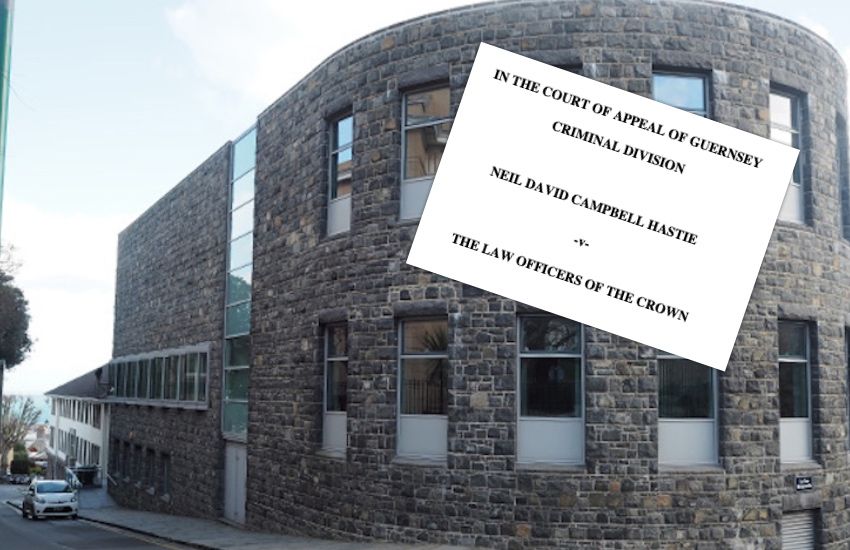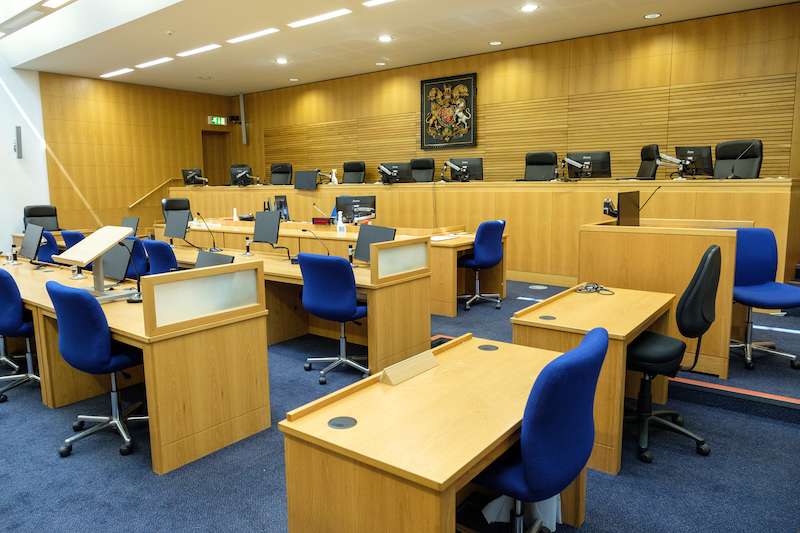


A rapist who was jailed for 12 years in 2014 has failed in his attempt to launch an appeal against a five-year supervision order which will activate on his release from Les Nicolles.
Neil Hastie was found guilty at trial of three rapes and three indecent assaults dating back to the 1970s and 80s.
The Scottish national, a former taxi driver, denied all the charges at the time, claiming the victims had lied.
He was sentenced to 12 years in Les Nicolles and handed a five-year extended sentence licence under the Criminal Justice (Supervision of Offenders) Law 2004.
Hastie appealed his convictions in 2015, claiming that his sentence was excessive. He lost that appeal.

Pictured: Hastie was found guilty at trial in the Royal Court.
On 25 January this year, Hastie applied for an extension of time in which to appeal again - this time against the extended sentence licence.
He argued that it was contrary to his human rights to be sentenced under the 2004 Law when his offending behaviour was decades before then.
In particular, he cited Article 7 of the European Convention of Human Rights: “Nor shall a heavier penalty be imposed than the one that was applicable at the time the criminal offence was committed”.
Hastie has already been released from prison once under the terms of his licence. This was on 10 May 2021, but he was recalled one month later. He is now eligible for release on 10 June this year.
The Bailiff, Richard McMahon, refused Hastie time to institute an appeal and also said: “There is no need for me to consider whether leave to appeal should be granted, but it would also have been refused”.
There were two reasons for this.
First, Mr McMahon said the Court of Appeal is functus officio, meaning it had already completed its purpose by addressing the first appeal. He said it was not open to someone to appeal their sentence twice.
Second, he said that the extended sentence was not a penalty but a preventative measure and therefore it does not fall under Article 7 of the European Convention of Human Rights.
Comments
Comments on this story express the views of the commentator only, not Bailiwick Publishing. We are unable to guarantee the accuracy of any of those comments.